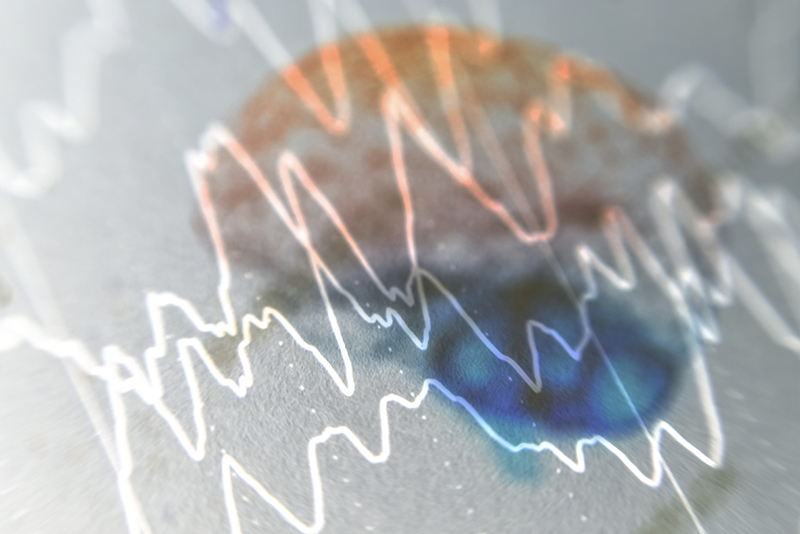If your child has symptoms like muscle stiffness, twitching, startling, or experiences daze, blurriness, or unresponsive behavior, it might indicate epilepsy. It is important to consult a doctor immediately since early diagnosis and treatment can increase the chances of recovery.
Understanding Epilepsy
Epilepsy is a condition that can occur in individuals of all ages and genders, stemming from various causes such as genetics or abnormalities in the brain’s electrical system. If overly stimulated, this can lead to seizures, depending on which part of the brain is affected. For instance, if the part of the brain that controls the limbs is stimulated, it can result in muscle stiffness and twitching of the limbs. If the part of the brain responsible for perception is affected, it can lead to symptoms of fuzziness or daze, resulting in different epilepsy symptoms in each individual.
Besides, epilepsy can also develop in utero or from premature birth due to undeveloped brain cells. Environmental stimuli can impact the brain, leading to epilepsy. It may also occur in children with illnesses, infections, or specific vaccinations affecting the brain, sometimes without a known cause. For example, a healthy, full-term child might start experiencing seizures between the ages of 1 – 3 years without an identifiable reason for the brain’s abnormal functioning. Epilepsy in children can affect all aspects of brain development, including motor skills, perception, memory, behavior, and emotions. Without prompt treatment, the brain may suffer increasingly adverse effects.
Treating Epilepsy Quickly and Effectively
To treat epilepsy, the doctor must first diagnose the cause to treat it accurately. Anti-epileptic drugs are used to normalize the brain’s electrical activity. For patients who do not respond to medication, surgery is considered, using new technologies to accurately identify the abnormal brain areas. This includes brain wave testing (EEG) by placing electrical wires at various head positions to locate the abnormal electrical discharge in the brain, MRI Brain scans with specific epilepsy techniques for clearer images than regular MRI, and Positron Emission Tomography (PET) scans involving radiation injection during seizures to pinpoint the affected brain areas.
Additionally, a 24-hour brain wave monitoring device, QEEG, is utilized to record and quantify abnormalities, a technology crucial for monitoring critical patients. Bangkok International Hospital has also adopted the Web Base EEG Monitor system in Asia to enhance treatment efficiency, enabling continuous patient monitoring in the ICU, ensuring immediate treatment.
Since the brain develops during childhood, epilepsy can significantly impact developmental progress in various areas. If your child shows symptoms of epilepsy, it’s crucial to consult a doctor for the correct and swift treatment.

